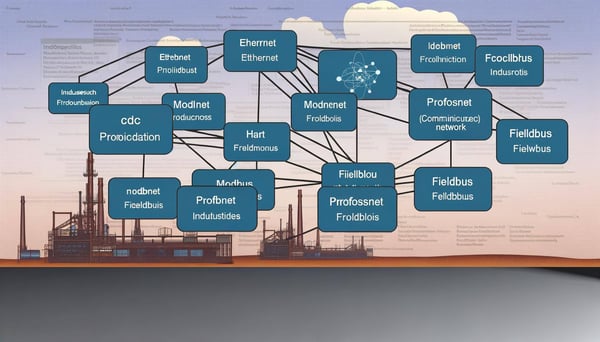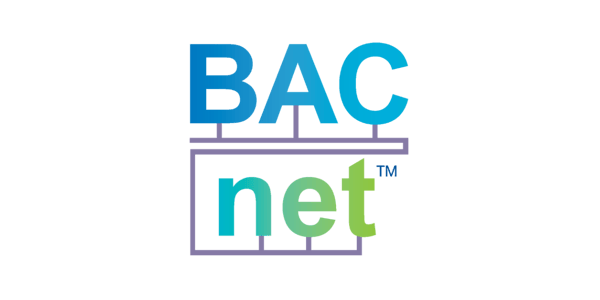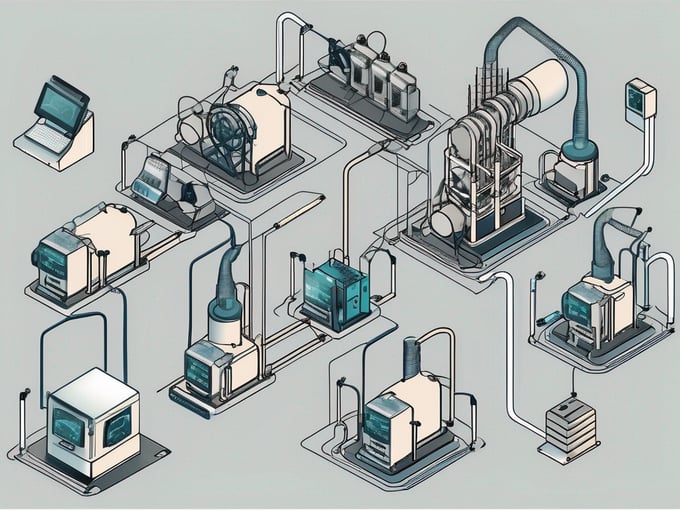
Fundamentals of IEC 62351
In the realm of industrial communication, protocols play a pivotal role in ensuring smooth and efficient operations. One such protocol that has gained significant recognition in the industry is IEC 62351, designed to address the security of networked industrial systems. This article delves into the intricacies of this protocol, its importance, and how it functions to safeguard industrial communication systems.
Understanding IEC 62351
The International Electrotechnical Commission (IEC) 62351 is a series of standards developed to enhance the security of Industrial Control Systems (ICS) and Supervisory Control and Data Acquisition (SCADA) systems. These systems are integral to the functioning of numerous industries, including energy, manufacturing, and transportation. Therefore, their security is of paramount importance.
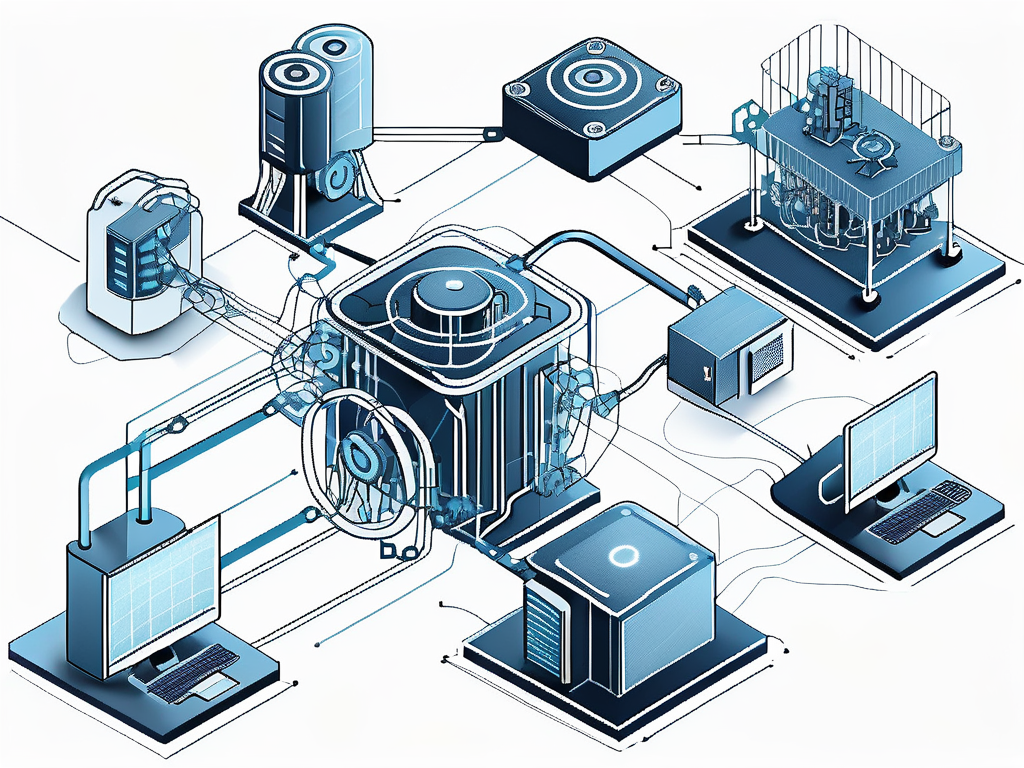
IEC 62351 was developed to address the security vulnerabilities inherent in the communication protocols used in these systems. It provides a framework for implementing security measures in the design, operation, and management of industrial networks. The protocol focuses on ensuring data integrity, confidentiality, and availability in industrial communication systems.
The Importance of IEC 62351
In the modern industrial landscape, the advent of Industry 4.0 and the Internet of Things (IoT) has led to an increased reliance on networked systems. While these advancements have brought about unprecedented levels of efficiency and productivity, they have also introduced new security challenges. IEC 62351 is designed to tackle these challenges head-on.
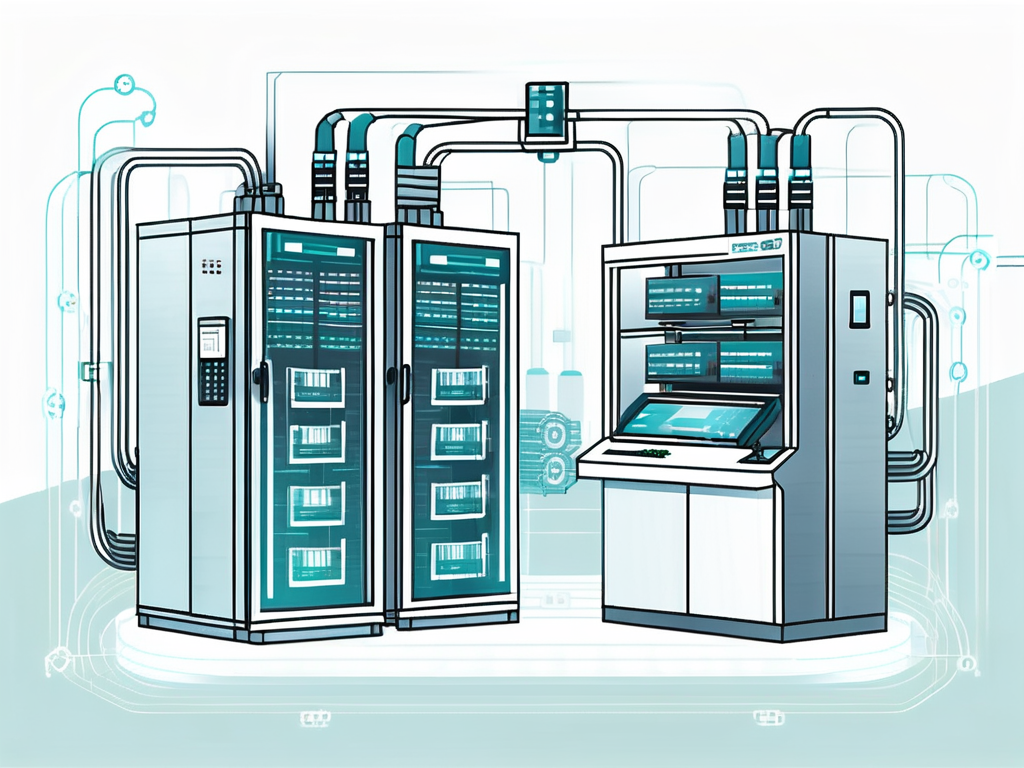
By providing a robust security framework, IEC 62351 helps protect industrial systems from a variety of threats, including cyber-attacks, data breaches, and system failures. It ensures the integrity and confidentiality of data while maintaining the availability of systems for uninterrupted operations. This is crucial for industries where even a minor disruption can lead to significant financial losses and safety hazards.
Key Features of IEC 62351
IEC 62351 is a comprehensive protocol that covers various aspects of industrial communication security. It includes several key features that contribute to its effectiveness.
Data Integrity
Data integrity is a critical aspect of any industrial communication system. IEC 62351 ensures that data transmitted over industrial networks is not tampered with or altered during transmission. It uses cryptographic techniques to verify the authenticity of data, ensuring that it remains intact from the source to the destination.
Confidentiality
Confidentiality is another key feature of IEC 62351. The protocol ensures that sensitive data is protected from unauthorized access during transmission. It employs encryption techniques to secure data, ensuring that only authorized parties can access it.
Availability
IEC 62351 also focuses on ensuring the availability of industrial communication systems. It provides measures to prevent disruptions to system operations, ensuring that critical industrial processes can continue without interruption. This is particularly important in industries where system downtime can have severe consequences.
Implementing IEC 62351
Implementing IEC 62351 in an industrial setting involves several steps. It requires a thorough understanding of the protocol and its features, as well as the specific security needs of the industrial system in question.
The first step in implementing IEC 62351 is to conduct a risk assessment of the industrial system. This involves identifying potential threats and vulnerabilities and assessing their potential impact. Based on this assessment, appropriate security measures can be identified and implemented.
Once the security measures have been identified, they need to be integrated into the industrial system. This involves configuring the system to use the security features provided by IEC 62351. It may also involve updating system software and hardware to support the protocol.
Finally, the effectiveness of the security measures needs to be monitored and evaluated regularly. This involves conducting regular security audits and assessments to ensure that the measures are working as intended and to identify any potential issues or vulnerabilities.
Conclusion
IEC 62351 is a critical protocol in the realm of industrial communication. It provides a robust security framework that helps protect industrial systems from a variety of threats. By ensuring data integrity, confidentiality, and availability, it plays a crucial role in maintaining the smooth and efficient operation of industrial systems. Whether you are in the energy sector, manufacturing, or transportation, implementing IEC 62351 can significantly enhance the security of your industrial communication systems.
